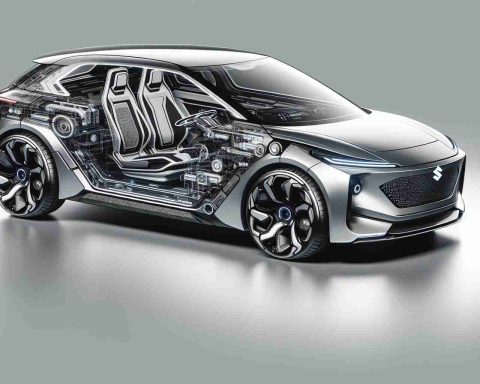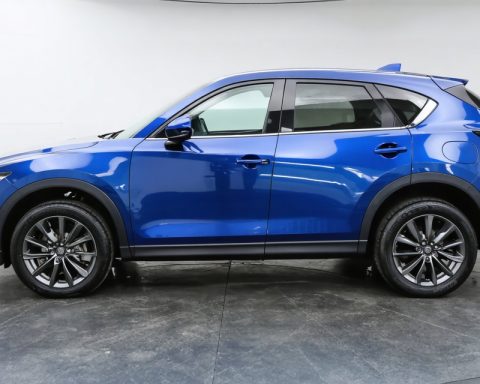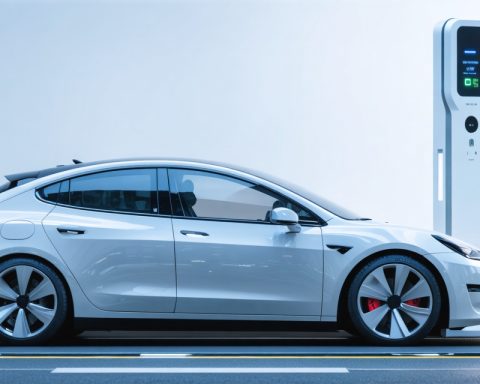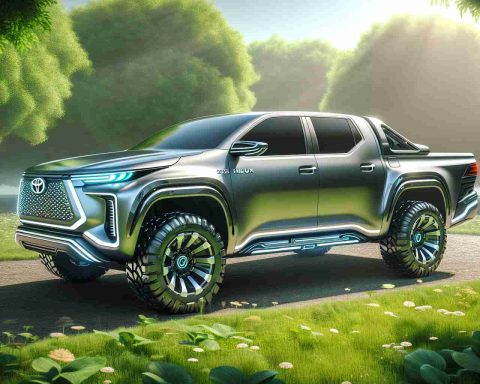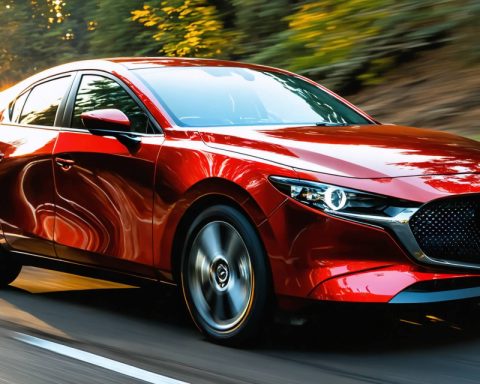- Tesla’s European sales dropped 49% in early 2024, highlighting a shift toward rising EV competition amid robust consumer demand.
- Elon Musk’s controversial political involvements, including support for Germany’s far-right party, have sparked backlash and intensified scrutiny.
- Chinese automaker BYD emerges as a formidable competitor with significant revenue growth and innovative technology like ultra-fast charging.
- Globally, the automotive industry is accelerating towards electrification, posing further challenges to Tesla’s market share.
- Public sentiment is impacted by Musk’s partnerships and Tesla’s product issues, including multiple recalls of the Cybertruck.
- Tesla is urged to recalibrate its products, messaging, and image to align with modern societal values and sustain its leadership.
In the heart of Europe, the silhouette of Tesla’s once-dominant electric vehicles dims against a vibrant backdrop of rising competition and controversy. As 2024 unfurls, the European automotive landscape is witnessing a seismic shift—the very roads Tesla once paved with its electric dreams now charged by burgeoning rivals and dwindling sales.
The figures from the European Automobile Manufacturers’ Association paint a stark picture: Tesla’s European sales have plummeted a staggering 49% in the first two months of the year compared to the same period last year. This descent occurs amidst a 28.4% surge in the popularity of battery-electric cars across the continent. The shift suggests that while the appetite for EVs remains robust, consumer attraction is being redirected.
An aging lineup of vehicles is partly to blame, yet the shadows cast by Tesla are not solely from technological fatigue. CEO Elon Musk’s turbulent foray into European politics has added fuel to the fire. His controversial endorsement of Germany’s far-right Alternative for Germany party ignited a widespread backlash, prompting critics to scrutinize Tesla more harshly than ever. The protest wave splashed across both the U.S. and European shores, with Musk’s politically charged decisions sending ripples of dissent through Tesla’s potential buyer base.
Outside Tesla’s realm, titans are awakening. Chinese automaker BYD is not merely lurking in the shadows but stepping boldly into the spotlight, reporting an awe-inspiring 777.1 billion yuan ($107 billion) in revenue for 2024. As the sales of its electric and hybrid vehicles climbed by 40%, BYD’s innovations ripple through the industry. Their introduction of an ultra-fast charging system, almost mimicking the swiftness of traditional gas refueling, places formidable pressure on Tesla’s engineering prowess.
The specter of global competition doesn’t end there. Tesla’s share is further gnawed by an industry-wide acceleration toward electrification as established automotive giants, invigorated and adaptable, revamp their arsenals to meet contemporary demand.
Tesla faces another invisible adversary—public sentiment. Musk’s high-profile partnership with former U.S. President Donald Trump, infamous for its controversial government overhaul, continues to hang over the company like a dark cloud.
Adding insult to injury, Tesla’s new Cybertruck, emblazoned with futuristic promises, falters beneath the weight of multiple recalls. Just last week, soaring panels along the windshield morphed from a design flaw to a public safety concern, marking it the eighth recall of a once-iconic product.
What continues to unfold is a tale entwined with the dual nature of innovation and accountability. Tesla must recalibrate not just its products but its messages and image on the world stage. As new contenders arise, the spotlight on sustainability sharpens, and the consumer’s voice grows more exigent, Tesla stands at a crossroads—a path that demands not just cutting-edge technology but resonance with the values of modern society.
This electric saga serves as a poignant reminder that in the world of innovation, change is not just constant, it is imperative.
Is Tesla Losing Its Grip in the European EV Market? Insights and Strategies Unveiled!
Overview of Tesla’s Challenges
Tesla, once the undisputed leader in the electric vehicle market, faces a challenging landscape in Europe. A combination of declining sales, rising competition, and public controversies has contributed to this decline.
1. Falling Sales: In the first two months of 2024, Tesla’s European sales dropped by 49%, contrasting with a 28.4% increase in battery-electric car popularity across Europe. This signals that while the demand for EVs is higher than ever, it’s not Tesla that’s benefiting.
2. Aging Product Line: Much of the decline is attributed to Tesla’s aging lineup. The delay in refreshing models like the Model S and Model X, along with production hiccups related to the Cybertruck, have left Tesla’s offerings feeling outdated compared to competitors.
3. Controversial Political Ties: Elon Musk’s political endorsements, particularly of Germany’s far-right Alternative for Germany party, have soured public sentiment. This, paired with his association with former U.S. President Donald Trump, has alienated numerous potential buyers in Europe, where political sensitivity is high.
4. Cybertruck Setbacks: The highly anticipated Cybertruck has faced multiple recalls, undermining its reputation. The latest recall regarding windshield issues affected public perception and appears as a dent in Tesla’s commitment to quality.
Rising Competition
The market is not short of competitors eager to capitalize on Tesla’s missteps.
– BYD’s Bold Moves: Chinese automaker BYD continues to make significant inroads with a reported revenue of 777.1 billion yuan ($107 billion) in 2024. Its rapid advancements, particularly in fast-charging technology, threaten Tesla’s market position.
– European Auto Titans: Legacy automakers in Europe are accelerating their electrification strategies. Brands like Volkswagen and Renault are launching new models that are technologically advanced and priced competitively.
Industry Trends and Predictions
Looking forward, several key trends are emerging in the European automotive landscape.
– Sustainability and Green Technology: Consumers are increasingly concerned about sustainability and environmental impact. Automakers need to prioritize eco-friendly practices not just in their vehicles but throughout the production process.
– Technological Advancements: There is an emphasis on quicker charging times and extended battery life. Companies that successfully innovate in these areas will likely capture significant market share.
– Political Sensitivities: Companies have to be mindful of their public and political images. Socially-conscious branding and corporate responsibility are becoming differentiators in the market.
What Tesla Can Do to Reclaim Its Throne
Here are actionable strategies Tesla can consider to regain traction:
1. Revamp Product Line: Update existing models and accelerate the release of new products like the Cybertruck with robust quality assurance.
2. Enhance Customer Experience: Focus on after-sales service and establishing a wider network of service centers across Europe.
3. Improve Public Relations: Distance company branding from political controversies and focus on universal values like sustainability and innovation.
4. Strengthen Partnerships: Collaborate with local companies to improve supply chain efficiency and meet regional demands effectively.
Conclusion
Tesla must revisit its strategies, focusing heavily on innovation, sustainability, and repairing its public image. With a proactive approach and mindful decision-making, Tesla can navigate these challenges and potentially maintain its prominent position in the EV market.
For more information about electric vehicles and automotive trends, visit Tesla or BYD.







